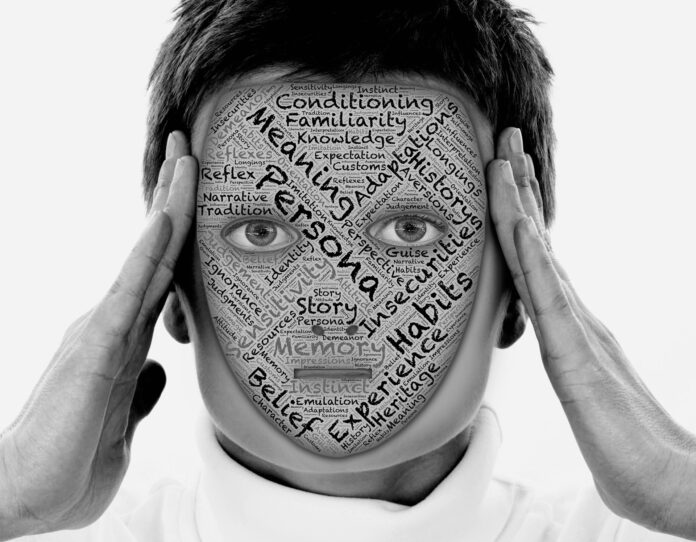The Silver Thread: The Benefit of Passivity
By Dr. Michael Abramsky
I was working with two young men. One of them had a bad breakup with a girlfriend. He panicked, became depressed and anxious. He withdrew from work, and took to his bed.
The other, a teenager, was struggling with an “identity crisis”. He had an artistic temperament, and struggled with what his future held for him. Seeking insight he experimented with LSD, had a bad trip, and was hospitalized.
Both of these young men’s problems were greeted by panic from their families. They feared suicide, felt their future was lost, and made constant calls seeking solutions.
It struck me that both the patients’ and their families were locked into a pattern of trying to manage their lives through a scenario they concocted, a wish, and then they felt that scenario had to occur or their lives would be a disaster.
As people, they had a particular map of the world. In their mind they envisioned the way the world should work. Conversely when that map of the world did not match the reality of what life handed them, it resulted in craving, an effort to reinstate the map and guarantee that this time their life directions should be followed.
When I read most columnists who write about human affairs and problems, their writings are filled with advice and techniques enabling the person to reinstate that map and its direction. They support the position that we must be proactive to prevent the problem from getting worse, or in reestablishing the old map.
But let me dissent, and instead suggest passivity in the face of crisis. Rather than being proactive, slip into contemplative observation.
In the midst of crisis, we tend to focus on the event. Our consciousness drifts to what happened; the jilted boyfriend focused on the exploitive and dishonest actions of his lover; the artistic teenager on the lack of acceptance from peers and family. Both saw these life events as sirens which took their life off course. They then sought to reverse or correct these incidents, in the futile notion that this would make them whole.
As an alternative, let us incorporate a mindful Buddhist approach to the same situation, and see its outcome.
It is important to recognize that it is not the event that causes pain, but our ego’s construction or interpretation of the event. When an event occurs, we respond with a “hedonistic appraisal”, meaning we like or dislike the event. A “dislike” creates an emotion like fear or sadness or anger, and this morphs into a narrative, such as, “I was rejected.”
When the narrative is externalized and the focus is on the perception of the event, the negative emotion deepens.
To heal, we must focus on the inner narrative, the ego wound. For the jilted love it might be, “I am undesirable”, for the artistic teenager it is, “I am confused and lost”.
Once we focus on that inner state, we need to hold it, not avoid it. We need to contemplate the narrative, feelings and sensations associated with our response to the event. We need to examine the way our body-mind is working in an observational, not judgmental way. Once done, we find the inner state transforming from disruption to acceptance. Rather than an effort to change the event, to undo it, we accept our inner state as a place we are at and need to be. By observing what is going on inside, we make a space for our feelings to flow naturally, and the mind-body will move on to the next experience.
If done, what we will see is that the body-mind flows naturally from narrative to narrative, from feeling state to feeling state. We just need to get out of its way and allow that flow to occur. Our life experiences flow from one state to the next, and resolve themselves.
Our life experiences are like nature, the Dao tells us. Just as the seasons change naturally, just as each day ebbs and flows from state to state without external cause, our mind-body is a river, constantly changing, drifting from experience to experience. If we get out of its way, all experiences are transient. When our ego imposes our wants on the situation, they become fixed. Fixing on an experience causes suffering. Letting go leads to equanimity.
Do nothing, but be.











